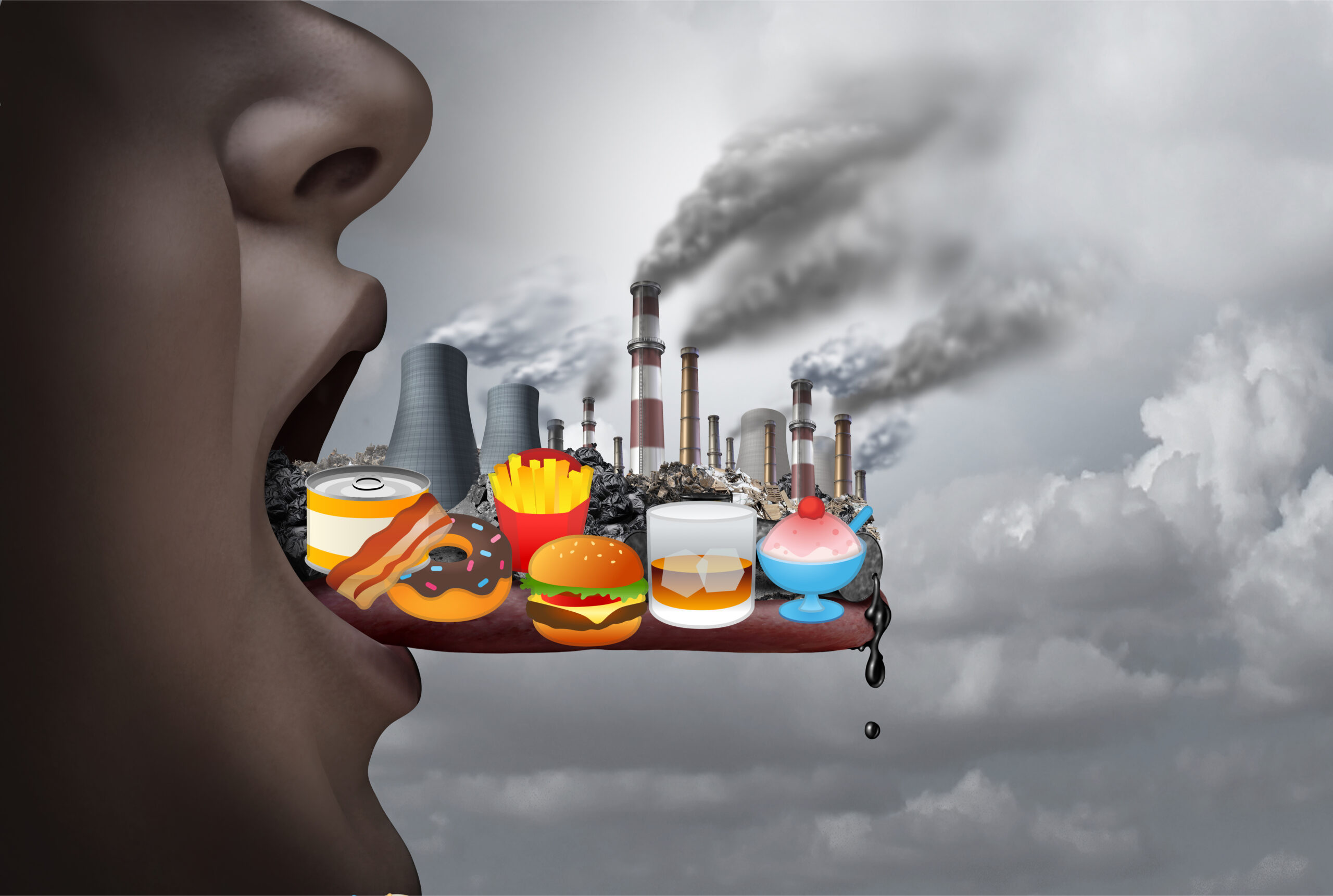Endocrine disruptors are everywhere, you can ignore them and let them be a factor in your life, or you can become mindful of them and try to reduce their impact.
What is the Endocrine System?
The endocrine system is a network of glands (the organ that makes and puts out hormones that do a specific job in your body) that produce hormones that regulate metabolism, growth and development, tissue function, sexual function, reproduction, sleep, and mood, among other things.
While many parts of the body make hormones, the major glands that make up the endocrine system are the:
• hypothalamus.
• pituitary.
• thyroid.
• parathyroids.
• adrenals.
• pineal body.
• the ovaries.
• the testes.
If your endocrine system isn’t working correctly, you might experience hormonal imbalance, slower metabolism, compromised cognitive function, problems developing during puberty, getting pregnant, or managing stress. You also might gain weight easily, have weak bones, or lack energy because too much sugar stays in your blood instead of moving into your cells where it’s needed for energy.
ENDOCRINE DISRUPTORS
Endocrine disruptors (EDs) are interesting chemicals because they can mimic hormones. In doing so, they can bind hormone receptors and:
• create a powerful response, even more powerful than the original hormone;
• create a less powerful response than the original hormone;
• create a totally different response than the original hormone;
In the end, EDs can change hormone creation (synthesis), transport, binding, and breakdown. And even tiny amounts can have an influence.
Where are endocrine disruptors found?
With industrialization, more chemicals are produced. These chemicals make their way into the environment. As a result, EDs are found in:
• food
• personal care products
• cosmetics
• pharmaceuticals
• pesticides
• plastics
• water
• soil
Examples of endocrine disruptors:
Bisphenol A (BPA)
Manufacturers use BPA in the production of certain plastics and resins. It is commonly found in the lining of canned foods and other food-packaging materials, certain polycarbonate plastic bottles, and cash register receipts. BPA has been linked to breast cancer, other cancers, reproductive and fertility issues, obesity, and early puberty.
Phthalates (DEHP)
Phthalates are plasticizer chemicals found in “fragrance,” PVC plastic, toys, plastic wrap, dairy products, meats, fish, oils & fats, baked goods, infant formula, processed foods, and fast foods. Phthalates are added to some food packaging and to materials used to handle and process food. They are also found in vinyl flooring and wall covering, detergents, lubricating oils, pharmaceuticals, blood bags and tubing, and personal care products. You’ll find phthalates in perfume, hair spray, deodorant, almost anything fragranced (from shampoo to air fresheners to laundry detergent), nail polish, insect repellent, carpeting, the coating on wires and cables, shower curtains, raincoats, and your car’s steering wheel, dashboard, and gearshift. When you smell “new car,” you’re smelling phthalates. Medical devices are full of phthalates — they make IV drip bags and tubes soft, but unfortunately, DEHP is being pumped directly into the bloodstream of ailing patients.
What Are the Effects of Phthalates
Alcohol
Chronic consumption of a large amount of alcohol disrupts the communication between the nervous, endocrine, and immune system and causes hormonal disturbances that lead to profound and serious consequences at physiological and behavioral levels.
Endocrine disruptors are almost inevitable in the modern world we live in. Still, there are a few steps we can take to minimize our exposure and also support our body in getting rid of them:
• Buy natural ingredients cosmetics. Stay away from fragrance. When it comes to cosmetics, the word “fragrance” or “perfume” on a label almost always means phthalates. What you want to see are claims like: “no synthetic fragrance,” or “scented with only essential oils,” or “phthalate-free.” And always use only natural air fresheners.
• Minimise plastic exposure (plastic food containers, plastic bottles, etc.)
• Do not leave or heat food in plastic containers. The phthalates in plastic products leak out over time into whatever it touches.
• Minimise alcohol consumption.
• Exercise regularly. Sweating will support detoxification and proper liver function.
• Eat whenever possible organic.
• Eat natural ingredients foods as opposed to highly processed foods.
ADDRESS YOUR BIOLOGICAL INDIVIDUALITY: PRESS Plans
